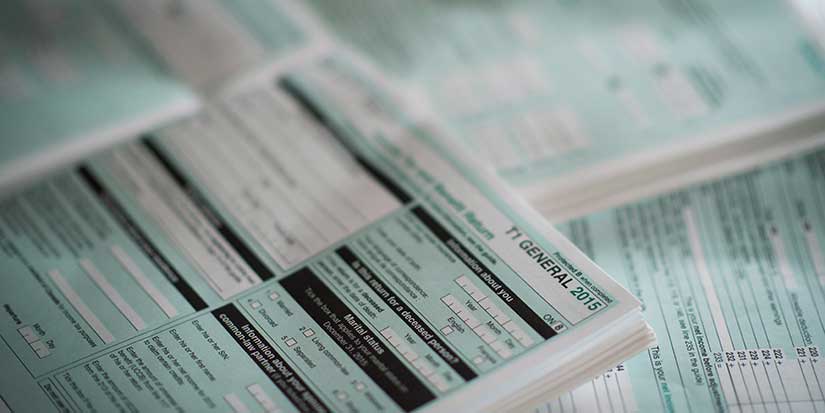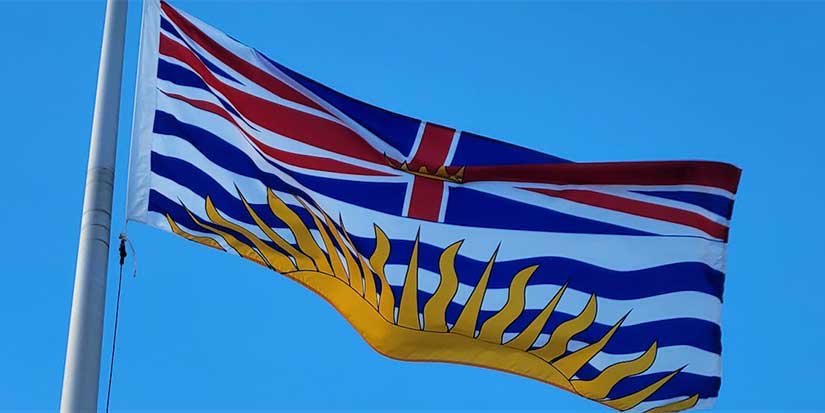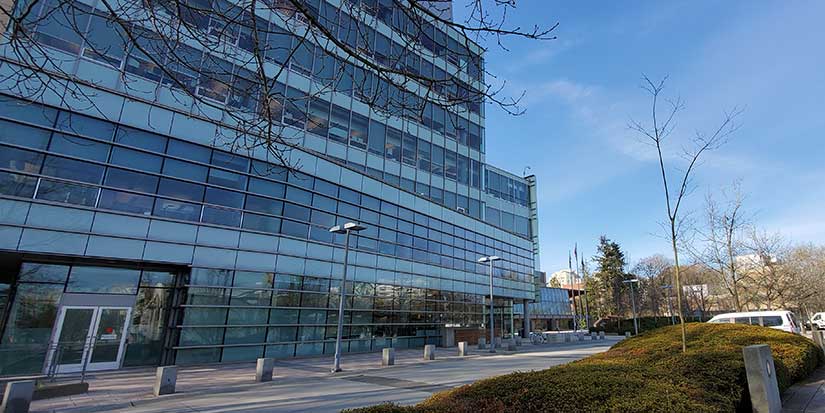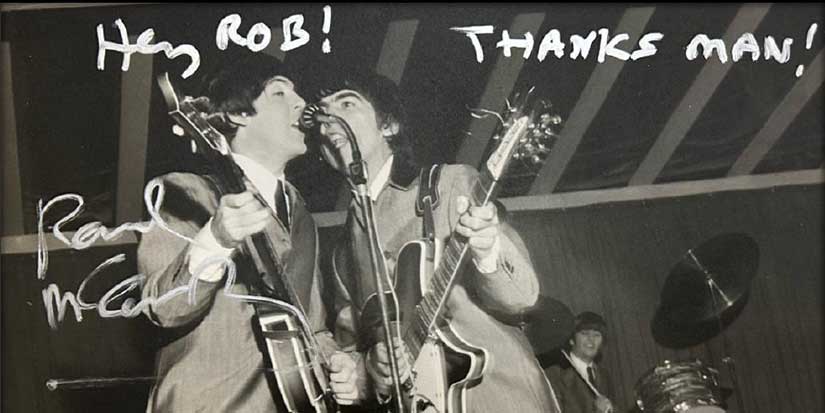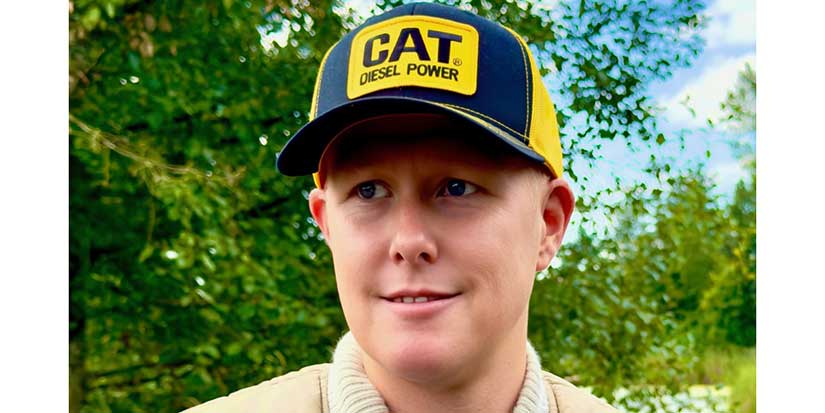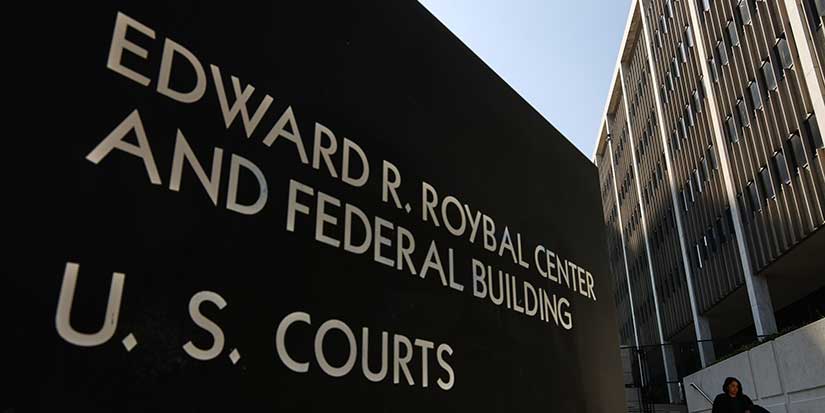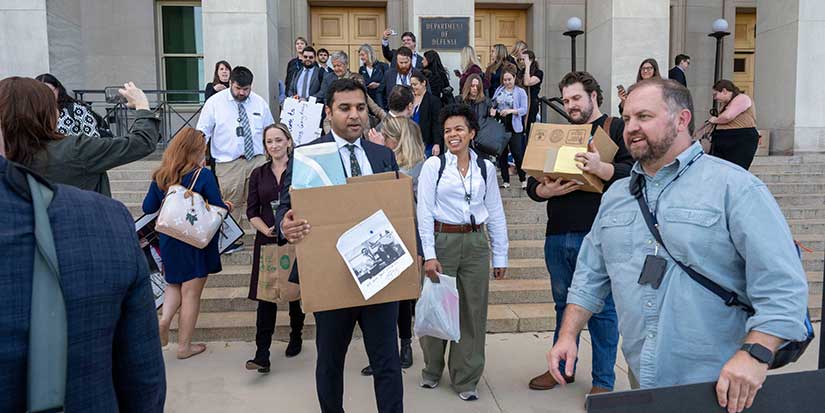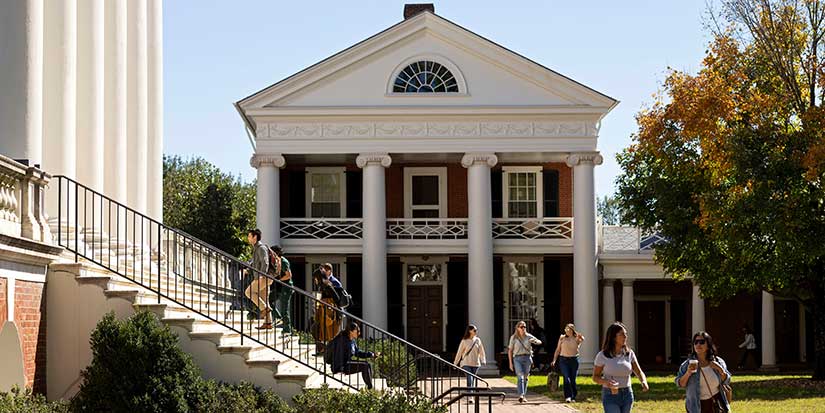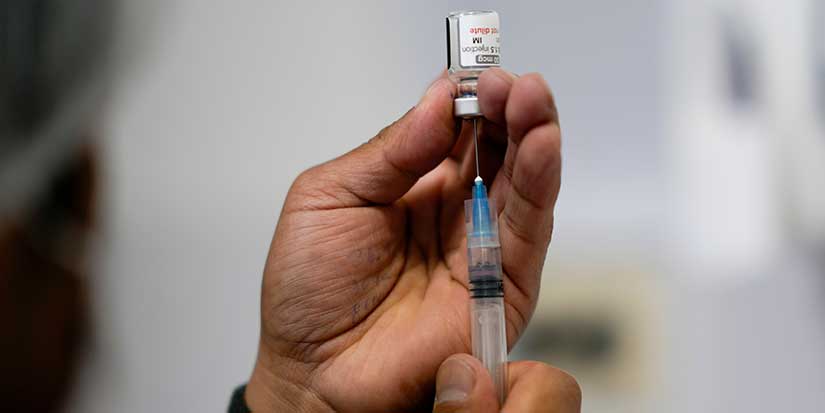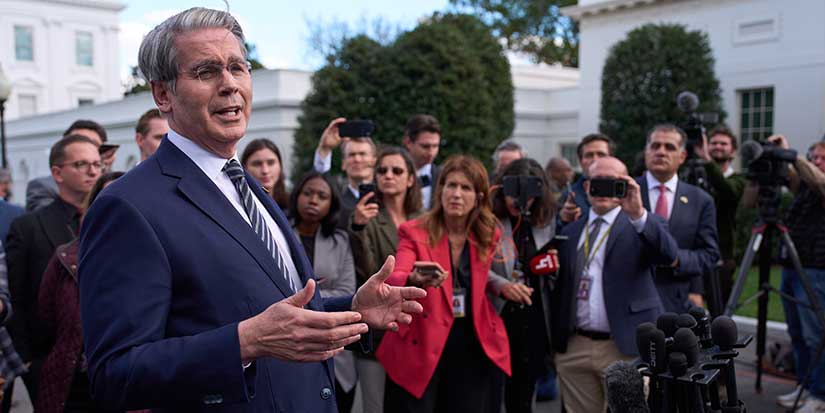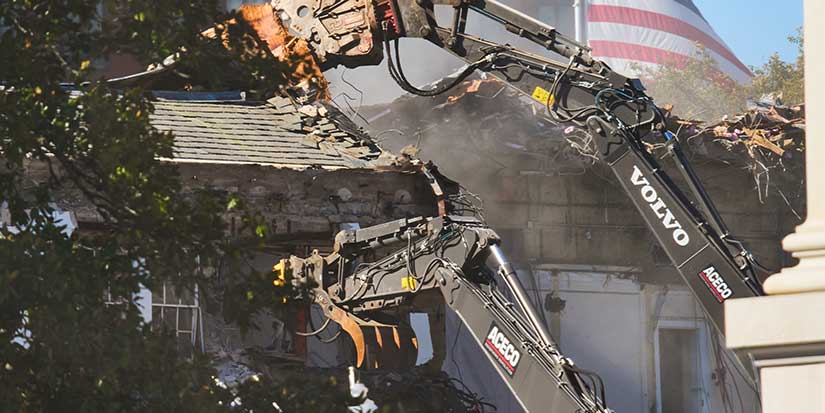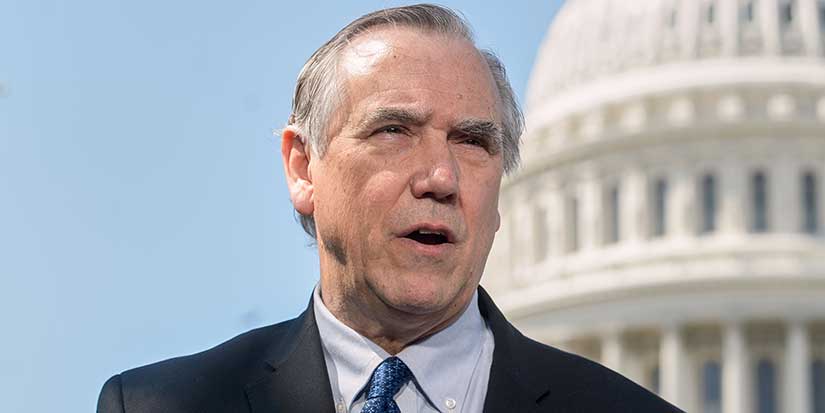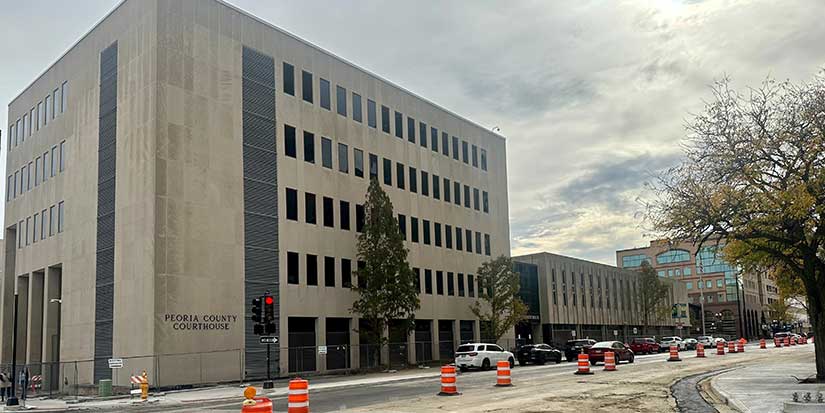National News
Get bad advice from the Canada Revenue Agency? You're out of luck, taxpayer
Published 11:46 PDT, Wed October 22, 2025
Last Updated: 2:09 PDT, Wed October 22, 2025
—
Canadians who file their personal income taxes incorrectly after getting bad advice from the Canada Revenue Agency have no legal recourse, said a tax lawyer.
After placing calls to the CRA's contact centres over four months this year, Auditor General Karen Hogan's office reported that CRA staff answered just 17 per cent of the individual tax questions accurately.
Hogan's report, released Tuesday, said the call centres were better suited to addressing business tax or benefits questions, and provided accurate responses to those calls 54 per cent of the time.
The report said the CRA seems more concerned with adhering to employee schedules for shifts and breaks than with the "accuracy and completeness of information they provided to callers."
Lawyer David Rotfleisch said that under the Income Tax Act, Canadians are responsible for filing accurate tax returns and they "cannot and should not" rely on the CRA's general information line, which he says is "notoriously wrong."
"You have no recourse. You are responsible for filing an accurate tax return and you have to do whatever you need to do to make sure that is accurate," he said. "Unfortunately, calling CRA and asking them is not sufficient and is not reliable."
Rotfleisch said taxpayers can appeal any interest or fees resulting from failing to file or filing in error due to bad advice from the CRA, but they won't be hit with gross negligence penalties.
The auditor general's report found that less than nine per cent of agents’ total performance evaluation score related to the accuracy of information they provided to callers. It also found that 45 per cent of their performance evaluation score was tied to schedule adherence and the amount of time they spent handling calls.
"Such a small emphasis on accuracy does not prioritize quality service to callers seeking assistance," the report said.
Rotfleisch said the CRA's objective is to cut the waiting time at call centres because that's an easy complaint to address. He said the agency needs to consider doing more hiring and providing existing staff with more training.
Hogan said there are "lots of opportunities" for the CRA to improve its performance through training or triaging calls.
Marc Brière, national president of the Union of Taxation Employees, said Tuesday he's not surprised by the auditor general's findings, given that staffing reductions have left the remaining employees at CRA working in "poor" conditions.
Brière also said the pressure on workers to answer calls in a timely manner may be affecting the quality of their responses.
Rotfleisch said people are better off paying for an accountant's advice if they can afford it.
Franco Terrazzano, federal director of the Canadian Taxpayers Federation, says the CRA's performance is "horrendous" and that the government needs to simplify the tax code because "nobody understands the impossibly complicated rules."
On Sept. 2, Finance Minister François-Philippe Champagne set a 100-day timeline for the CRA to address call centre delays, with a deadline of Dec. 11.
The CRA said at the time it wanted to answer at least 70 per cent of incoming calls by mid-October. Melanie Serjak, an assistant CRA commissioner responsible for most contact centres and front-line services to taxpayers, told The Canadian Press last week that its target was surpassed by the beginning of the month.
The agency has extended the term contracts for approximately 850 of its call centre agents and rehired a few hundred more.
The CRA also said it's expanding its use of artificial intelligence as part of the 100-day plan to improve services. The agency is extending the hours its online chat service is available and increasing the number of questions its generative AI chatbot can answer.
Speaking to reporters Tuesday, Champagne said the government was "ahead of the curve" on tackling problems at the CRA.
"We were already ahead of the game by asking that we improve services, that we use technology, that we allocate more people because we want efficiency and at the same time, we want great services for Canadians," he said.
The CRA has used a non-AI virtual chatbot, called Charlie, to provide automated responses to frequently asked questions. Hogan's report said taxpayers are more likely to get an accurate response from the chatbot than from an agent.
"Charlie got it right 33 per cent of the time, so that's a little more accurate than reaching an agent and asking them a question about your personal taxes," Hogan said Tuesday. "I think it just highlights that there's a lot of room for improvement."
– Catherine Morrison, The Canadian Press
